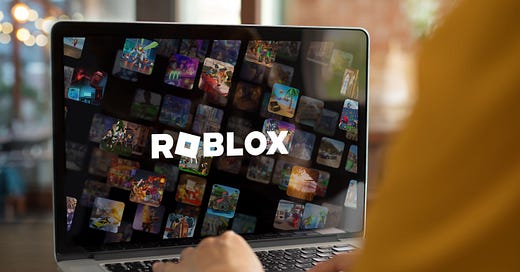Explainer: How Australia nearly banned online games for under 16s
And how they're now on a knife's edge for future regulation.
It was a policy blitz like no other. No less than 31 separate bills were passed by our government on 28 November, clearing the way for a Federal Election in Australia at some point next year. Among them, a controversial but broadly supported bill to ban those under 16 from accessing social media. It's generated headlines around the world as, once again, Australia has taken the front foot in attempting to legislate big tech — potentially paving the way for other jurisdictions to follow.
But what does this have to do with gaming?
In the lead-up to the social media bill passing parliament, panic emerged that online video games could be included in the ban. The definition for social media in the draft legislation was broad, and several media outlets had identified that this could mean that any and all online games, and services that facilitate online gaming — such as Steam, Xbox Live and the PlayStation Network — could …
Keep reading with a 7-day free trial
Subscribe to Infinite Lives to keep reading this post and get 7 days of free access to the full post archives.




